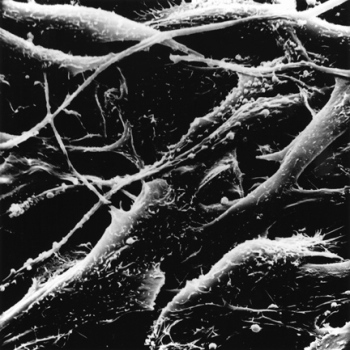Professor Adele Green from the Queensland Institute of Medical Research (QIMR) led a research collaboration to assess the 20 year survival rates for Queenslanders diagnosed with thin invasive melanoma.
"We analysed the data of over 26,000 Queenslanders diagnosed with thin invasive melanoma between 1982 and 2006 and found their prognosis was mostly influenced by two factors: the measured thickness of their tumour and the site of their melanoma," Professor Green said.
"While invasive melanoma is considered the most deadly form of skin cancer, our research found people suffering with thin melanomas, which are invasive melanomas that are less than 1mm in thickness, generally have a good chance of survival.
"We also found that melanomas on either the head, or the soles of feet or palms of hands or under the nails, can influence affected patients’ survival more negatively.
"This is the only published analysis of very long-term survival rates for these people and it gives us a solid foundation to continue our population-based research to better understand the course of this sometimes devastating disease.
"Our findings do not diminish the dangers involved with thicker melanomas, but this data provides a very sound basis for clinicians to be able to reassure patients who have thin melanomas that their risk of dying from their melanoma, even though it is invasive, is small."
Melanoma is the most life-threatening form of skin cancer and Australia has the highest known rates of melanoma in the world. In 2007, there were 10,342 new cases of melanoma in Australia (Department of Health and Ageing, Australian Government).
"While Queensland is considered the skin cancer capital of the world, there is so much we can do to protect ourselves not only from dying of melanoma, but from even developing melanoma," Professor Green said.
"QIMR research has found that daily sunscreen can play an important role in preventing melanoma and seeking shade, wearing hats and long-sleeved shirts and sunglasses when in the sun, further protects your skin and eyes from damaging sun exposure."
Professor Green led the collaboration between QIMR; the Cancer Council Queensland; The University of Queensland; Princess Alexandra Hospital; and Murdoch Children’s Research Institute.
The results of this study have been published online in the Journal of Clinical Oncology.




-160x160-state_article-rel-cat.png)













